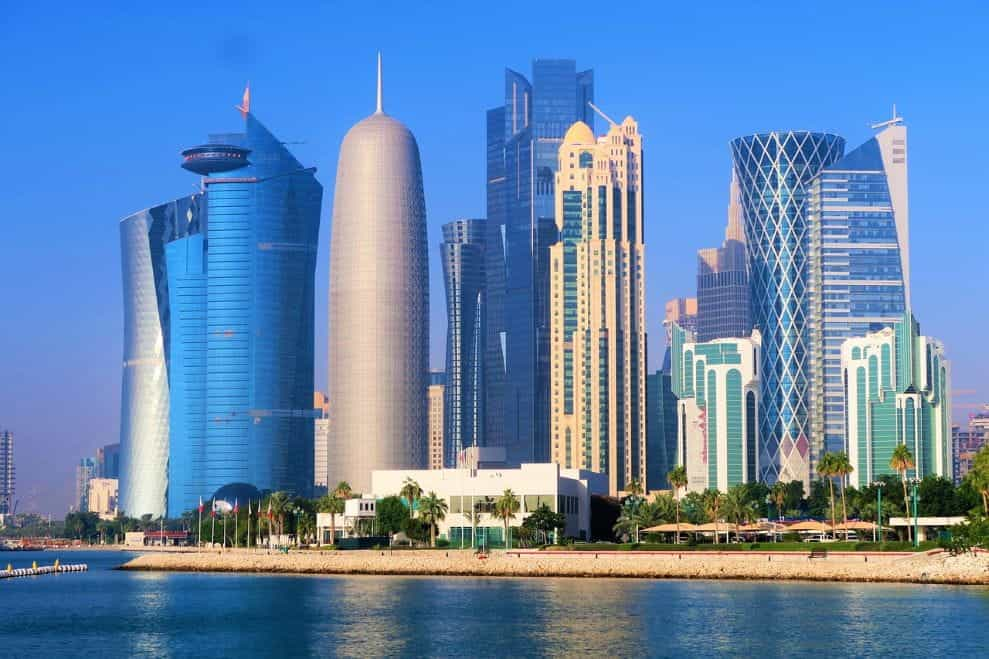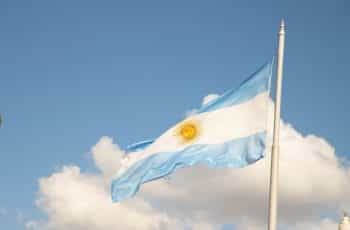Qatar World Cup 2022: The Critique & The Defense
The football World Cup in Qatar has drawn criticism from around the world for its political and legal position on a number of topics – but is this justified? It’s true that migrant workers have been mistreated for years in the construction of the stadiums, the country does not have a truly democratic political system, and there is much less sexual liberty than in western countries; these statements would also be true of Russia -the host of the last World Cup, and of China, the host of the last Olympic Games. In fact, compared to those two, Qatar is far more suitable a host.

The World Cup in Qatar has drawn plenty of criticism, but the lens through which they are judged is often distorted and fails to capture the unique circumstances a World Cup host nation is subject to. ©Konevi/Pixabay
The hypocrisy of criticism against Qatar comes down to a failure to distinguish between truly evil regimes, and regimes that are just flawed. A minority of critics from the West certainly are even more seditious – it’s clear that there are critics that are just bigots, harboring outdated negative opinions towards Muslims and Arab countries.
Whilst Qatar is not a democratic country in terms of the innate liberty experienced by the west, it’s a far stretch from the tyrannical and despicable regimes that have become hallmarks of western thinking towards the middle east. The emir of Qatar under no political pressure at all introduced elections, and setup Al Jazeera – a news media company that is outspoken on issues across the political spectrum, even if it does go easy on Qatar. Compare that to Putin’s Russia, where journalists are routinely imprisoned for describing the war in Ukraine, or China where political dissent is ruthlessly crushed, or the Argentinian junta that inflicted a murderous reign of terror against their political opponents whilst hosting the 1978 World Cup.
The world also fails to look at migrant workers in Qatar without distorting the lens to accommodate their own standards. Just 12% of the Qatar population are native Qatari – a ratio that any western country simply would not tolerate. The wages that the migrant workers earn can be life-changing, which is why so many want to take the work. And whilst the conditions have been horrendous in the construction camps, the projects have exposed the mistreatment, and are leading to reforms in Qatar’s labor laws – thus increasing democracy – not something that happened in tournaments past.
The critique that Qatar is a homophobic society is justified, but in the context of whether they deserve the FIFA World Cup, this is a misguided criticism. There are laws that make gay sex illegal – true, but in Qatar all non-marital sex is illegal. In practice, there are hardly any prosecutions for breaking these laws. Just like many other parts of the developing world, and all Muslim countries, these types of laws are a normal part of society. Amongst that group of countries, Qatar is certainly not a standout case.
Qatar Critics Coming from Every Direction
Accusations of bribery have been brought to light and become a prominent force of criticism against Qatar for this World Cup. The recent Netflix documentary FIFA Uncovered showed the inner power politics at FIFA and how for several decades members of the executive committee have sold their voting power to countries seeking to host the world’s biggest sports tournament. If evidence of Qatar paying for the World Cup is produced, and it has not been yet, this would say more about the governing body of football than it would Qatar. The world will always have rich and powerful nations, it’s up to the institutions to clean house and not open themselves up to this level of corruption.
The most legitimate criticism of Qatar though is the climate damage this tournament can contribute to. It is hard to justify flying millions of fans to purpose built air-conditioned stadiums. The claim made by Qatar that this tournament will be carbon neutral is laughable. But thanks to advanced engineering and optimizations across the infrastructure – the tournament is estimated to produce 3.6 million tons of carbon – just 0.01% of the worlds global output for the year.
It’s impossible for the World Cup to be a truly global tournament that touches every corner of the world if it is restricted to countries with only a perfect record of political fairness, environmental policies, and societal stability. Under these conditions, we would be rotating between Norway, Finland and Sweden every four years.



